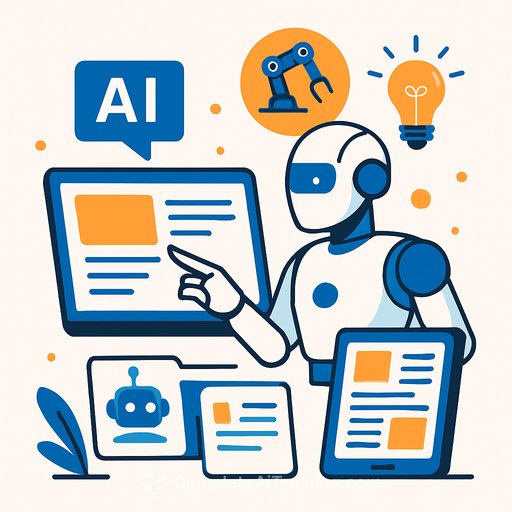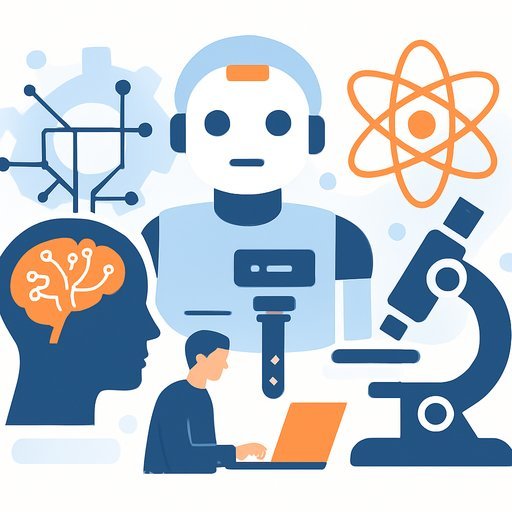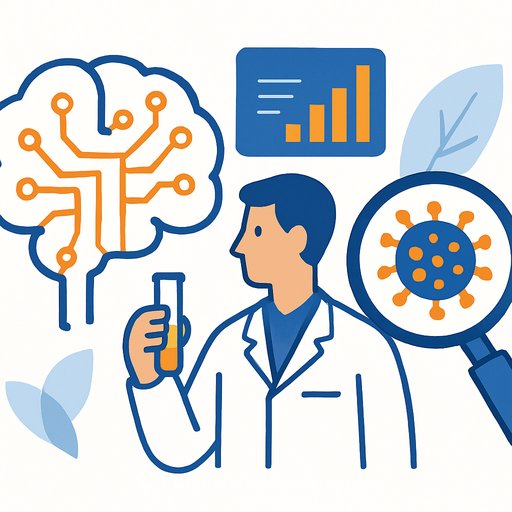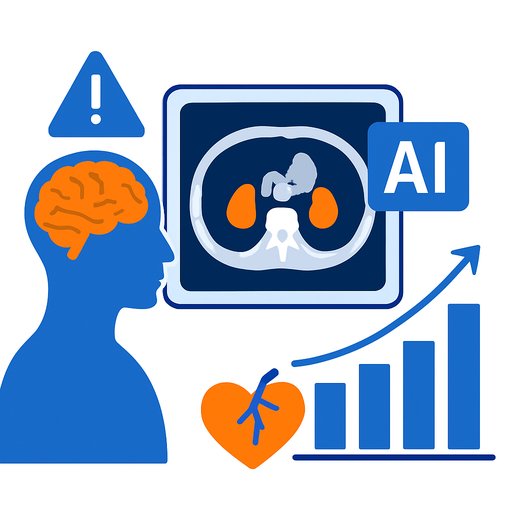Top 12 Robotics AI Blogs/News Websites 2025
Robotics and AI are moving fast across autonomy, perception, and human-machine collaboration. If you work in science or research, the signal you track matters. The sources below deliver technical depth, credible reporting, and practical context you can use in your work.
IEEE Spectrum - Robotics
IEEE Spectrum's robotics section covers autonomy, locomotion, manipulation, and control with engineering-level detail. Expect lab-tested insights, interviews with researchers, and grounded analysis on what actually works in the field.
MarkTechPost
Within broader AI coverage, this outlet consistently highlights robotics research in learning-based control, perception, sim-to-real, and multi-agent systems. Helpful for staying aware of new methods and benchmarks without sifting through every preprint.
Robohub
A community-driven platform where researchers, engineers, and practitioners share interviews, lab updates, and technical explainers. Good for discovering diverse viewpoints and projects beyond your immediate subdomain.
The Robot Report
Tracks industry deployments, startup activity, and platform capabilities across manufacturing, logistics, healthcare, and service robotics. Useful for mapping research to products, funding, and adoption trends.
Academic & Research Lab Blogs
Labs such as MIT CSAIL, CMU Robotics Institute, and BAIR publish updates on new papers, datasets, and code. Subscribe to keep a tight loop between preprints, repos, and ablations you can replicate.
Specialist AI-Robotics Hybrids
Blogs from DeepMind and Meta AI Research frequently cover robotics at the intersection of deep learning, simulation, and embodied agents. Expect content on policy learning, diffusion-based control, data generation, and sim2real transfer.
Robotics Industries Association (RIA) - Robotics.org
Solid coverage of standards, integration, and safety with a focus on real deployments. If you care about compliance, interoperability, and system performance on factory floors, this is worth monitoring.
Phys.org - Robotics Section
Aggregates robotics research from universities and labs worldwide. Useful for scanning new algorithms, novel mechanisms, and platform innovations without missing cross-disciplinary work.
ZDNet - Robotics
Enterprise-focused reporting on automation platforms, procurement considerations, and integration patterns. Helpful for translating technical capability into operational impact and budgets.
Singularity Hub - Robots
Connects research progress with policy, workforce, and ethics. Good for anticipating second-order effects and identifying areas where technical feasibility meets social constraints.
IEEE Robotics & Automation Society (RAS)
The IEEE RAS ecosystem (with IROS/RSS conference content) surfaces papers, tutorials, and summaries that set the agenda for robotics research. Track workshops and datasets here to align experiments with where the field is heading.
Towards Data Science - Robotics/AI Articles
Practitioner-written articles that turn methods into implementations: control stacks, planners, perception pipelines, and reproducible notebooks. A practical bridge from paper to prototype.
How to use this list efficiently
- Set alerts for your subfields (e.g., manipulation, SLAM, MPC, RL for control).
- Pair industry sites with lab blogs to trace ideas from paper to production.
- Bookmark posts with code, datasets, and evaluation details you can replicate.
- Track standards and safety updates before integration deadlines hit.
- Use conference summaries to prioritize which papers to read in full.
Skill-building for researchers
If you need structured upskilling for projects or teams, explore curated AI and robotics learning paths here: Courses by Job and Latest AI Courses.
Conclusion
These sources collectively cover control systems, embodied AI, datasets, standards, and deployment lessons. Add a few to your daily feed, tie updates to experiments you're running, and you'll stay ahead of the work that matters in 2025 and beyond.
Your membership also unlocks:






